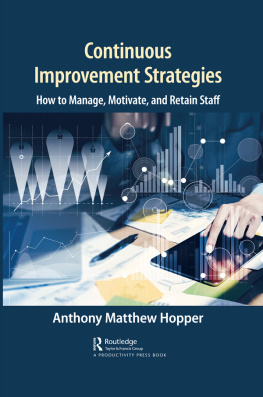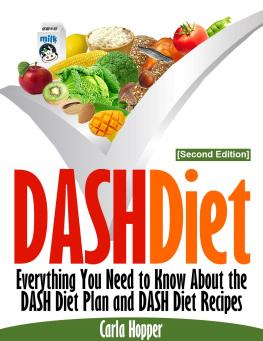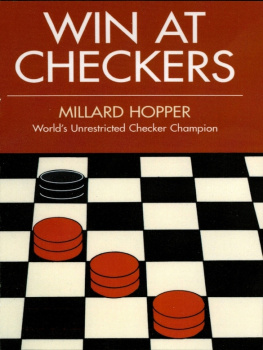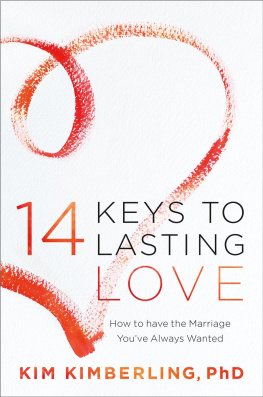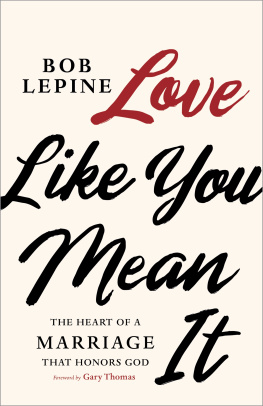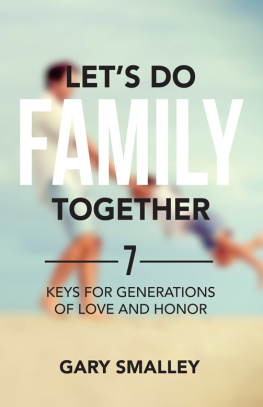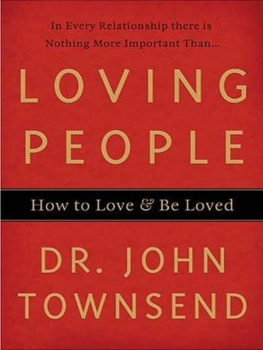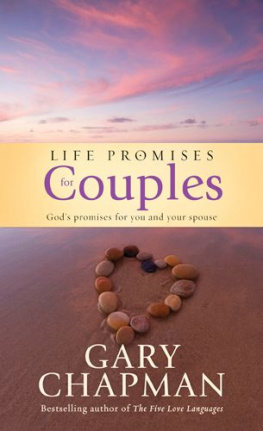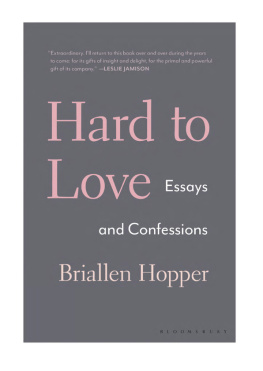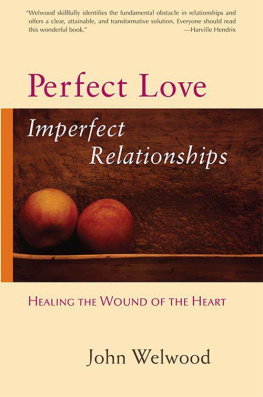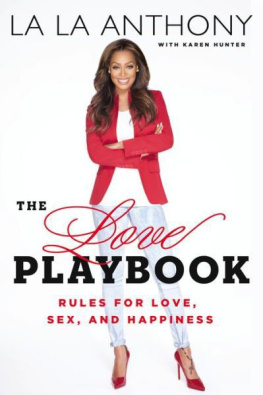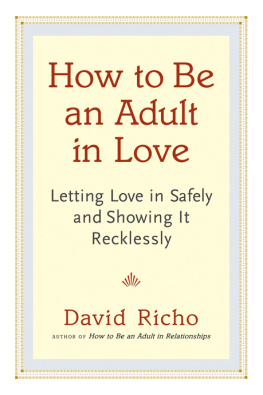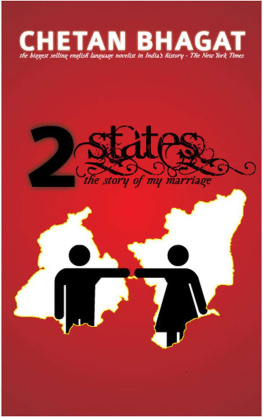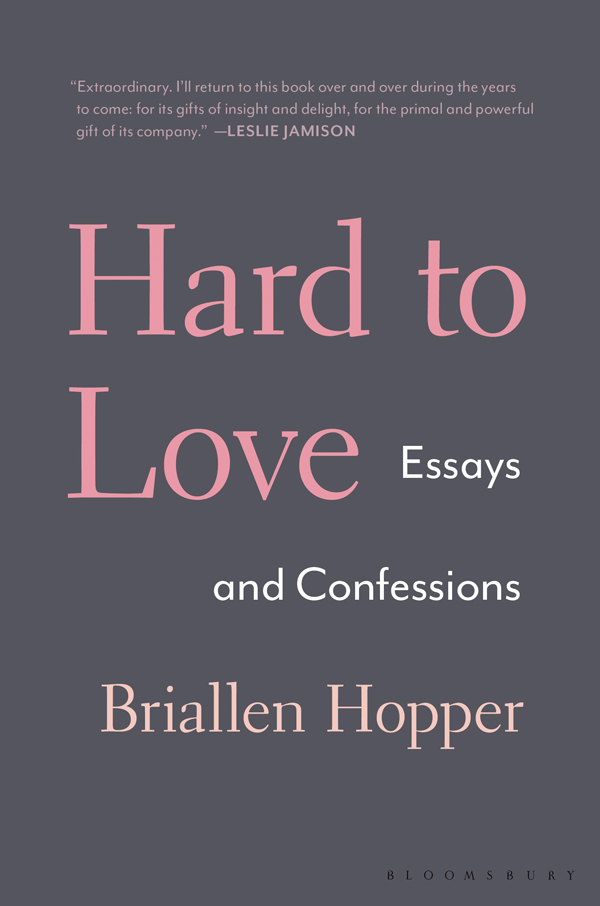

to my friends and families


CONTENTS
The times I didnt write, maybe I was in love. Or beloved. Somebody was making me the object of love. Its not bad. Its short, but not bad.
TONI MORRISON
Overbrim and overflow,
If your own heart you would know;
For the spirit born to bless
Lives but in its own excess.
LAURENCE BINYON
I like to lean. Too much of the time I have to hold myself up, so if an opportunity to swoon presents itself, I take it. When Im getting a haircut and the lady asks me to lean back into the basin for a shampoo, I let myself melt. My muscles go slack, my eyes fall shut, and there is nothing holding me except gravity and the chair and the water and her hands on my head. I feel my tears of bliss slide into the suds.
In photos I am often leaning. When Im not resting my head on someones shoulder, I am hugging a column in a haunted castle in Great Barrington, or bracing myself against a big block of basalt on a pedestal in a Barcelona park. At home alone I improvise with bookshelves and doorjambs, but sometimes I need to lean on something alive. Seeking support on a stormy night, I run out into the rain and lean against the dogwood tree in front of my house until the wet bark soaks through my coat. The world is my trellis.
Ten years ago I bought a Gordon Parks print of Paul Newman and Joanne Woodward leaning against each other by lamplight on a big brass bed. They are sitting side by side, eyes closed, serene. He is leaning more heavily, his body slanted into hers, his head on her shoulder. She is resting more gently, her cheek against the top of his head. Her face is half-illuminated, half-eclipsed. They seem solemn and private and young. He is quiet in her shadow.
I hung the photograph over my bed. Next to it I tacked another 1950s Paul and Joanne picture I tore out of a book. They are leaning on a bed again, and he is still slumped against her shoulder, but this time the lean seems more in league with an audience. They are both meeting the photographers gaze and smiling small smiles. Her eyebrows are slightly raised; she might be sly or smug. She is holding a cup of tea in one hand, and his head, proprietarily, with the other. He is supine and sated and holding a glass of wine.
Paul and Joanne liked to lean for the camera. For their 1968 LIFE cover promoting Rachel, Rachel (she starred, he directed), they are layered on wall-to-wall carpet; she is reclining in the foreground, and he is her blue-eyed backrest. In yet another famous photo from an earlier era (Joanne is still in gingham, not yet in Pucci), they are leaning back to back with their shoulders against each other, their mutual pressure holding each other up, with an isosceles triangle of space between them, and a sturdy baseline of brick patio beneath them.
I like to fall asleep under images of leaning every night, and wake up beneath them every day.
I like to believe that leaning is love.

I was raised to believe in the romance of leaning. My parents turned the tale of how they met into a bedtime story, and they told it to us until we had it memorized. My dads version was simple and sunny: My mom showed up at the commune where he was living, a vision of loveliness in green corduroy pants, and it was love at first sight. My moms version was heavier. She was a moody adolescent, with formless feelings that often overwhelmed her and a future that loomed without a shape. She was nineteen when she met my dad, and he seemed youthfully exuberant and dependably good: someone she could structure her life around. They married within a few months.
What happened ever after was not part of the story they told me and my siblings, but we could see it playing out before us as the years went by. My mom could depend on my dad to work hard, hammering nails and hauling two-by-fours in all kinds of weather, slowly and quickly wrecking his body to try to pay the bills. My dad could depend on my mom to stay in the marriage and to keep six kids fed, clothed, washed, wrangled, read to, and rested, even when he broke his back on the job site falling from a high, rain-slicked beam onto the concrete foundation and was immobilized for six months; even when he was unemployed for a year and a half and people from church who knew we were broke were delivering food to our door; even when he became almost catatonic with depression for years, no longer recognizable as the man she had married.
I was formed by this story, both as an aspiration and as a cautionary tale, and in my own youthful romances I leaned heavily. I was moody like my mom, plagued by sudden spells of panic, and depressed like my dad, susceptible to an undertow of doom, so I spent most of my twenties in long-term relationships with men who seemed so even-keeled that they couldnt be capsizedso sunny and strong that they couldnt possibly lapse into sadness for long.
My college boyfriend was a safe person to lean on. He had a saintly serenity that came from his mystical and untroubled religious faith; the years hed spent as the precociously responsible son of an intermittently single mother; the hours he spent fishing, mountain biking, and stargazing in the countryside; and his nightly dose of marijuana. He was warm to the core, and utterly unfazed by my dependence on him. It might even have reassured him.
My grad school boyfriend was a much more dangerous person for a leaner to date. He was attracted to vulnerable women, but he disapproved of dependency. When I was in a writing vortex he would bring me sandwiches and coffee and give me expert editorial advice, and when I was shaking with fear and dark thoughts I couldnt name, he would hold me until his warmth and weight and smell and steady breathing soothed me. But he also told me, not as a threat but as a simple statement of fact (but of course it felt like a threat, and it was a threat), that he needed to know that any woman he was with would be fine and functional either with or without him. He did not sign up for panic attacks and yawning existential dread. If I wanted to be with him for the long haul, I would have to get it together.
And so I mostly did. For years I lived with the knowledge that if I ceased to be a successful, self-motivated, ambitious, size-six Ivy League blonde, I would lose love. And I knew I couldnt live without love, so I stayed as successful and self-motivated and ambitious and size-six and Ivy League and blonde as I could. I formed friendships to tide me over between our times together. I learned to self-soothe. I tried to quell myself.
The paradox was that my newfound self-reliance was a symptom of my utter reliance on him. I depended on his demand that I not depend. I leaned on not leaning on him.
The irony was he left me anyway.

I blamed our breakup on Ralph Waldo Emerson. Almost the whole time we were dating, my grad school boyfriend was writing his dissertation on Emerson, who is best known as the author of Self-Reliancethe ultimate anti-leaning manifesto. (After we broke up I wrote my dissertation on feelings.) Self-Reliance is a soaring sermonic essay that has so permeated American popular consciousness that it reads at times like clusters of vaguely libertarian coffee-mug quotes:


